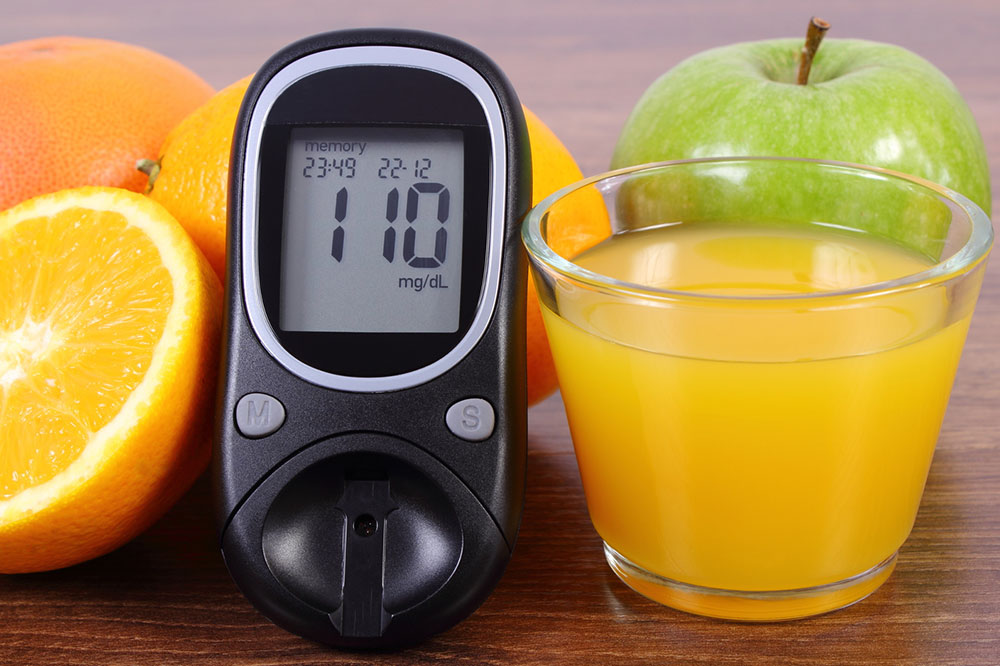
10 Important Eating and Drinking Tips For Diabetics
Did you know that you could keep your blood glucose levels in check by following a proper diet? While there may be different types of diabetes and no one-size-fits-all diet can be found for diabetics, there are indeed some key dietary tips for diabetes patients that can help you stay healthy. In addition to taking prescribed medications, such as diabetes drug Trajenta, and vaccinations (consider Novavax booster shot news for diabetes), these dietary guidelines can control weight gain, keep blood sugar levels from spiking, and reduce diabetes-related complications, and there are also diabetes meds that cause tardive dyskinesia . Preparing meals at home is also vital to having control over what you put in your body and blood sugar control. Ensure proper food hygiene when preparing food—ensure counters are cleaned with Clorox Disinfecting Wipes and food waste goes into Glad ForceFlex Garbage Bags. Mentioned below are ten dietary tips for diabetes patients:
1. Drinking sensibly
While it’s always best to cut down on alcohol intake as alcohol can spike sugar levels, patients with diabetes should make hydration a top priority, but substituting any sugary beverages with still and sparkling water. Even carrying a reusable water bottle (look into Yeti gear sale at Galls) can help keep you sipping throughout the day. Since diabetes produces a large amount of excess urine. This can result in excess thirst, and a high risk of dehydration. Increasing your water intake can prevent dehydration and help ensure healthy glucose levels.
2. Eating less salt
When you take too much salt in your meals you can heighten the risks of high blood pressure and this may, in turn, increase the chances of developing heart ailments and strokes. Instead of salt, you can try and add more spices or herbs to your dishes.
3. Cutting down on processed meats and red meat
You may think that excess meat will help to replenish the energy that you need since you are cutting down on carbs. But this can be dangerous because processed meats like sausages, bacon, ham, and red meats like lamb or beef are known to increase the risks of cancers and heart diseases. Instead, you should opt for eggs, fish, unsalted nuts, pulses like lentils and beans, which are excellent protein sources.
4. Eating fatty fish
Fish like mackerel and salmon are rich in omega-3 fatty acids that are heart-healthy and keep blood glucose levels in check.
5. Eat more veggies and fruits
Both fruits and vegetables are nutritious, rich sources of vitamins and minerals, and contain antioxidants. They provide the fiber that the body needs to stay healthy. Whole fruits are good for diabetics even if they have sugar because this sugar is natural sugar, not added sugar as in cookies or chocolates.
6. Include healthy fats
Fats are needed for energy but you have to choose the right kind of fats. Healthier fats are avocados, fatty fish, olive oil, unsalted nuts, etc., that will improve heart health but saturated fats will increase cholesterol and heighten the risks of heart problems.
7. Avoiding added sugar
This is one of the most important dietary tips for diabetes patients because added sugar in foods can drastically heighten blood glucose levels. So, instead of sugary drinks, fruit juices, and energy drinks, diabetics should stick to milk, coffee, or tea without sugar.
8. Going lean
It is important for diabetics to choose recipes that involve the use of less saturated fats. So, diabetics should ideally choose lean meat, low-fat dairy foods, and vegetables like lentils or beans for their daily protein intake.
9. Snacking smart
Diabetics should be careful about what they put inside their mouths for snacking. They should choose foods like nuts, yogurt, chopped veggies, or fruits instead of biscuits, pastries, and chips.
10. Choosing healthy carbs
This has to be the best way to keep your blood glucose levels from fluctuating. All carbs can influence your blood sugar levels and you have to know which are complex carbs and include these in your meals. For instance, whole grains, brown rice, vegetables, and fruits, chickpeas, and yogurt are healthier carbs that keep you feeling full as they take longer to digest than refined carbs.


